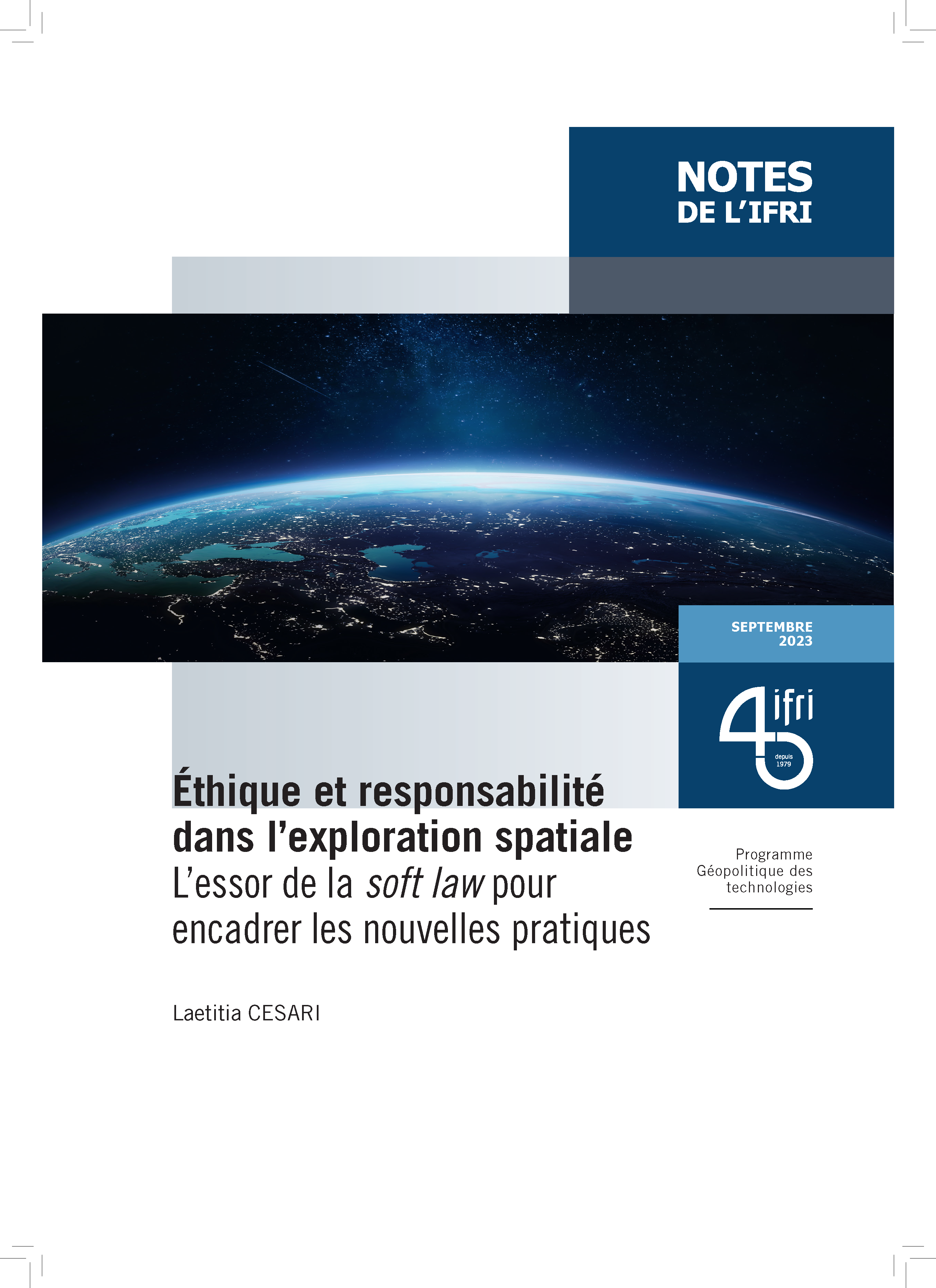Ethics and Responsibility in Space Exploration: The Rise of Soft Law to Regulate New Practices


International agreements constitute an integral part of the normative framework crafted to ensure the effective governance of space-based operations. These agreements serve as foundational elements of "hard law," constituting binding legal norms that govern space activities. In conjunction with other non-binding legal instruments, commonly known as "soft law," these frameworks facilitate the establishment of mutual understanding and common rules among States. The concept of soft law is advocated by some states to establish shared visions that guide emerging space activities, without imposing strict legal obligations. Conversely, other states favor binding legal instruments, such as treaties and conventions, which provide avenues for holding spacefaring nations accountable in the event of violations. In a world characterized by ongoing geopolitical tensions, the willingness of states to engage in discussions underscores their recognition of the paramount significance of collaborative efforts towards a common goal: ensuring a more sustainable space environment. The task at hand now lies in the pursuit of mutually beneficial solutions, fostering a spirit of cooperation to address the challenges of space exploration and utilization.
This content is available in French: Ethique et responsabilité dans l'exploration spatiale: L'essor de la soft law pour encadrer les nouvelles pratiques




